Are Contemporary Educational Tools Diminishing the Role of Teachers?

by Kaluwa Abasi (Kenya)
If we can safely assume that the different forms of education have always been following the common interests of students on global level, then it’s only natural to expect cyberculture to dominate over today’s educational trends. Technology and online tools are inseparable from the processes of learning. Although the Internet is not the most reliable manner of obtaining objective information, it is undeniably a more liberal approach to content the users themselves decide to access. According to a January 2014 poll of 2,250 adults surveyed between November 13 and 18 2013 by Harris Interactive[1], the respectability of teachers has dramatically declined. Only 49% of Americans have respect for teachers today. The decreased authority of teachers can be directly linked to the increase of technology used in the classroom and the prevalence of form over substance in today’s way of communication between teachers and students.
Modern technology has an undeniably positive influence over the transfer of scientific knowledge. By combining text, animation, images, sound and video recordings, educational technology increases the potential of individual learning. The numerous online encyclopedias, e-presentations, video lectures, e-books, dictionaries, scholarly blogs, and social network channels testify that the educational aspect of technology is on par with its purpose for entertainment. Very few of my students are familiar to the fact that the emergence of the Internet is tied to the secret exchange of information during the initial stages of the Cold War. The essential purpose of the Internet, as well as all other means of communication, is to satisfy the human desire for efficient transmission of information. E-learning, as an aspect of education that is continuously expanding beyond its boundaries, contributes towards greater “collective intelligence” and easier access to information written in a language understandable for the non-scientific community. One of the most important benefits the educational system has gained from technology is the promotion of mind-openness to different worldviews through reassessment of one’s personal positions based on the logical argumentation that’s available online.
Professors are slowly, but surely making the transition towards a high tech classroom, but many are still opposing the widely-acknowledged trends and do not accept the rebellion against Tradition. Throughout my experience of teaching and experimenting with different educational tools, I have found that the purpose of this shift in the teaching and learning trends is to infuse the entertaining aspect of Internet technology with the classical methods of teaching. The psychological inclinations of students towards entertainment have inspired many professors to impede the teaching process with the attempt to “give students what they want”. In order to engage the learners into the process, teachers are attempting to lure them with flashy presentations, social media tools and multimedia content that overburdened with images and videos at the expense of meaningful text. Instead of using the potential of gaining knowledge through educational technology, the trends shift towards making teaching and learning fun.
The ability for open and informal conversation offered by the Internet and the ability to use an ample of educational tools have significantly changed students’ approach towards education and their attitude towards teachers. The role of the instructor is rapidly being transformed into “the one who uses the right EdTech tools in the right situation”. Instead of motivating students to implement analytical skills when learning new concepts and observing the reality around them, the professors who rely on educational technology have an instrumental purpose. The classic methods of ex cathedra teaching require intellectual maturity that not all students have, which is the reason why most of them perceive the lectures as distant and incomprehensible. However, if the teacher finds a way to explain the essence of the terms with appropriate interpretation, the minds of students will be prepared to perceive them in a more cautious manner; and the educated and cultivated intellect will recognize the messages that are not incomprehensible at all. According to a study provided by University of Rochester in April 2013[2], there is a link between student motivational orientation and academic achievements, as well as the intention to persist. The intrinsic motivation for learning is present and the teaching methods are already there; we don’t have to invent anything new. Through simple, direct and open approach the students will be inspired to learn more.
Today every student is able to access content of philosophical, scientific, artistic and religious nature and complement the course materials they cover at school. Their interest for technology has revolutionized the way they approach learning and has changed the role of teachers in their lives. The grounds of the educational process are based on cultivating authentic, critical manner of thinking as a precondition for developing a constructive and objective personality. With the implementation of EdTech tools that are infusing an element of fun in the teaching process and simplify all concepts, we are not making our students any smarter. Degrading the educational process does not make us better teachers. We don’t have to lure students with tricks and technology tools; their usage only makes them perceive real learning as a complex, confusing process and diminishes the authority that every real teacher should have.
References
- The Harris Poll, Harris Poll Finds Perceived Respect for Teachers Has Declined, (New York, 2014), https://www.harrisinteractive.com/vault/Harris%20Poll%208%20-%20School%20Respect_1.23.2014.pdf
- Douglas A. Guiffrida, Martin F. Lynch, Andrew F. Wall and Darlene S. Abel, Do Reasons for Attending College Affect Academic Outcomes? A Test of a Motivational model From a Self-Determination Theory Pesrpective (New York: University of Rochester, 2013), https://www.warner.rochester.edu/files/news/files/academicsuccess.pdf




